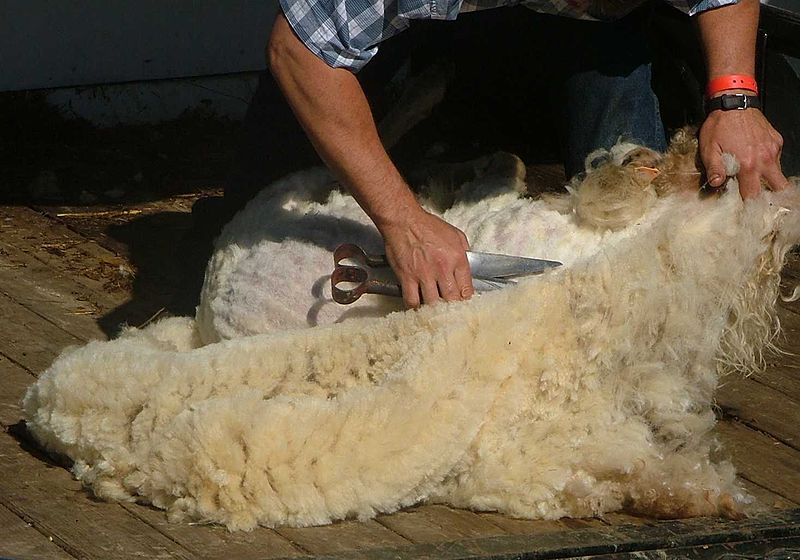Wool vs Cotton: Who is Better? Which is Worse?
Wool and cotton are two natural fibers widely used in various applications, from clothing to home textiles. Here’s a comprehensive comparison of wool vs. cotton:
Wool is a kind of fiber that can be obtained from sheep and other mammals, especially goats, rabbits, and camelids (camel). The term (wool) may also be used to describe inorganic substances with characteristics resembling those of animal wood, such as mineral wool and glass wool.

While; Cotton is a soft, fluffy staple fiber that develops around the seeds of cotton plants of the genus Gossypium in the mallow family Malvaceae in a boll, or protective casing. The fiber is almost entirely made of cellulose, with traces of wax, fat, pectin, and water. The cotton bolls will speed up the cellulose-based seeds’ distribution in their natural environment.

- Warmth:
- Wool is an excellent insulator and keeps you warm even when wet, making it ideal for cold weather. While;
- Cotton is breathable and better suited for warm climates
- Comfort:
- Cotton is soft and comfortable against the skin, making it a preferred choice for everyday wear. While;
- Wool can be itchy for some people, but high-quality wool is often soft and comfortable.
- Durability:
- Wool is more durable and can last for many years if properly cared for. While;
- Cotton is prone to wear and tear over time.
- Weight:
- Cotton products are lighter, making them suitable for lightweight clothing and summer wear. While;
- Wool products are heavier and more suited for winter clothing.
- Sustainability:
- Wool is often considered more sustainable due to its durability and renewable source (sheep). While;
- Cotton, while renewable, can have a higher environmental impact due to water-intensive farming practices.
- Maintenance:
- Cotton products are easier to care for as they are machine washable. While;
- Wool requires more delicate care, often needing handwashing and air drying.
- Insulation:
- Wool is a superior insulator, keeping you warm in cold conditions. While;
- Cotton offers less insulation and may not be suitable for extreme cold.
- Moisture Management:
- Wool can absorb moisture without feeling wet, making it suitable activewear. While;
- Cotton retains moisture, which can be uncomfortable when sweating.
In conclusion, your particular demands and preferences will determine whether you’ll choose between wool or cotton. While cotton provides comfort, and breathability for warmer temperatures. Nonetheless, wool excels in warmth and durability, making it a wonderful material for winter clothing. Choose between these two versatile natural fibres while taking into account the intended purpose and environment. Shop NOW


